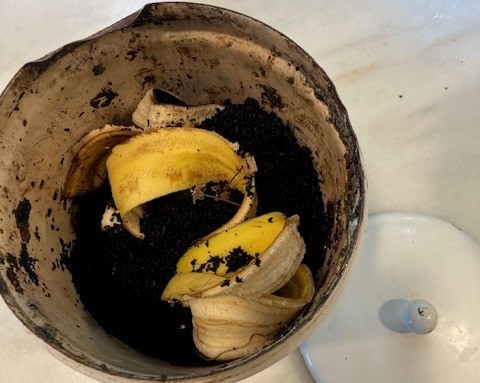
On-Farm Composting with the Agency of Agriculture, Food and Markets
In May of 2021, the Vermont State Legislature passed Act 41, which among other things, changed the definition of farming to include “the importation of 2,000 cubic yards per year or less of food residuals or food processing residuals onto a farm for the production of compost, provided that: (i) the compost is principally used on the farm where it is produced; or (ii) the compost is produced on a small farm that raises or manages poultry.” (10 V.S.A. § 6001(22)(H)).
Act 41 addresses some common on-farm practices wherein operators were composting food residuals and food processing residuals for use on their farms or to offer for sale to the public. This practice of reduces the amount of food waste going to landfills, gives access to inputs that can be used on the farm, and can also create opportunities for the public to see and learn about composting and how to close to food waste loop. When recycling food waste it is important to separate physical contaminants from food waste because the resulting compost is frequently incorporated into soil that produces food. Physical contaminants are things like stickers on fruit, and food packaging, compostable products and tea bags, which may contain micro plastics.
The Act further directed the Agency of Agriculture, Food and Markets to:
- establish a program for the management of residual wastes generated, imported to, or managed on a farm for farming in Vermont,
- regulate the importation of food residuals or food processing residuals onto a farm; adopt rules for the management of food residuals and food processing residuals on a farm, and
- issue a report to the legislature on annual basis.
The Agency continues to gather information to inform its draft rule, and to ensure that is reasonably tailored to protect public health and the environment but also practical to implement. In September of 2022, the Agency hired staff to conduct site visits of on-farm composting operations to further understand the challenges and opportunities inherent within the practice. While the Agency is still in the rule drafting process, the Required Agricultural Practices Rule applies to all farming operations. These rules include standards to protect water quality, including but not limited to setbacks to surface and ground water resources, and appropriately managing leachate from the production areas. The Agency will follow up with guidance for on-farm composting operations to address compost management practices to ensure decomposition, destruction of pathogens and to control odors, and recommendations for testing finished compost.
To review the report submitted to the Legislature please see the following link: Annual Report on Importation of Food Residuals for Farming.
For more information, you can contact Zach Szczukowski, Agricultural Resource Management Specialist, zach.szczukowski@vermont.gov

